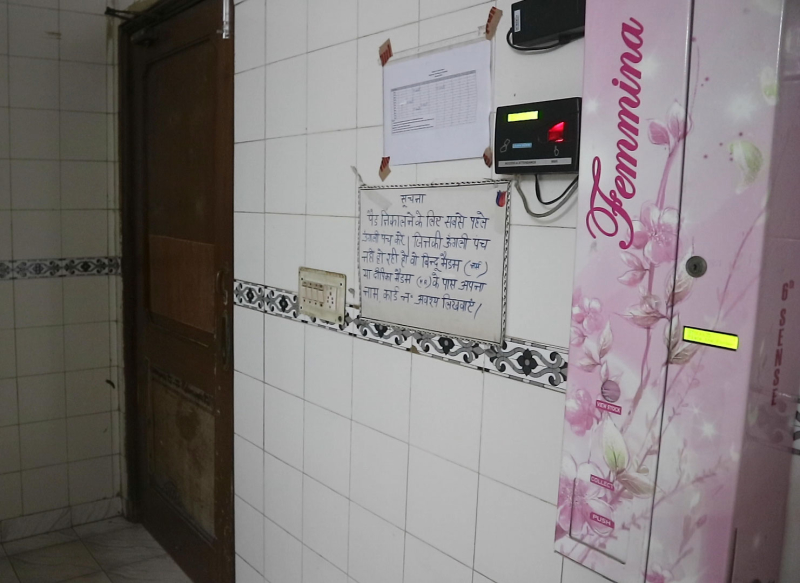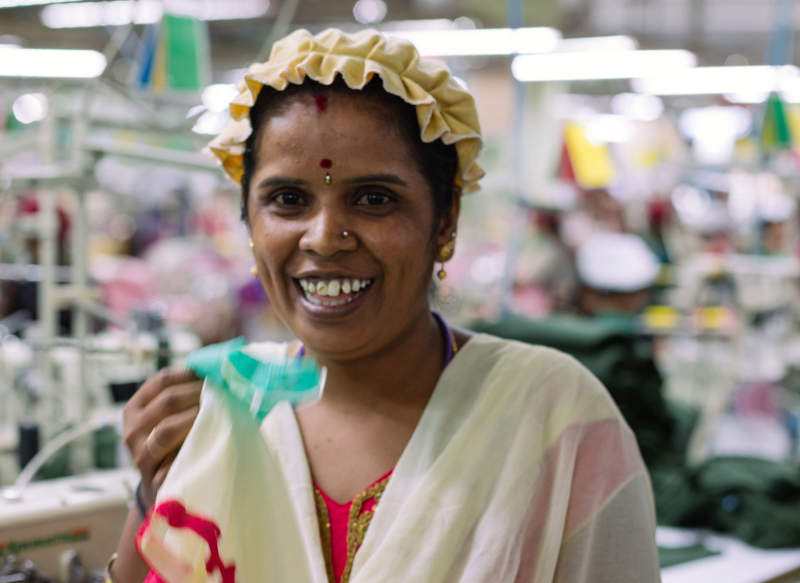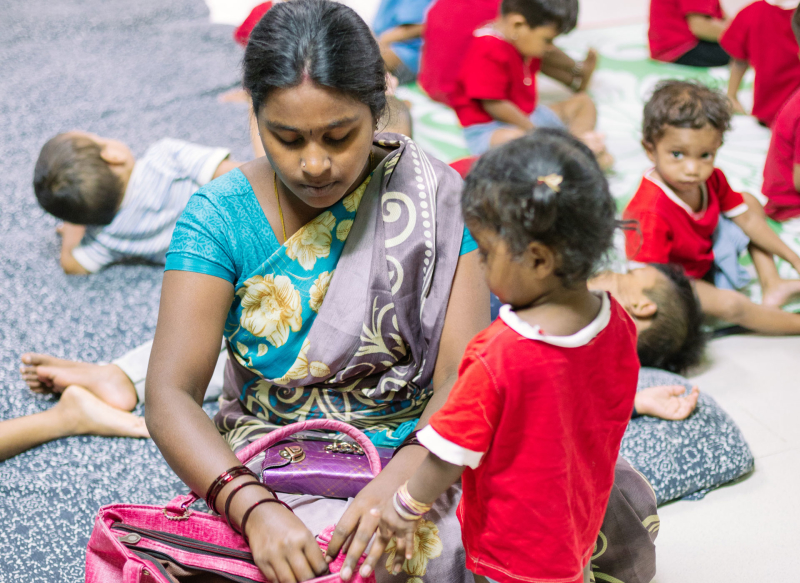FOCUS AREA
BUILDING HOLISTIC HEALTH
LOCATION
National Capital Region, India
REACH
2 factories, 800 female workers
PARTNERS
University of Michigan, University of Hawaii, Shahi Exports
STAGE
- DESIGN
- EVALUATE
- ANALYZE
- DISSEMINATE
- SCALE-UP
Menstrual Hygiene Management
CHALLENGES AND OPPORTUNITIES
A survey we conducted in two factories in India’s National Capital Region (NCR) showed that 60% of women use cloth instead of pads during their menstrual cycles. Poor menstrual hygiene has been linked to a host of healthcare issues for women. Encouraging improved health practices is necessary but multi-faceted. It is important to understand the reasons behind and complexities of women’s choices. While simply providing access to sanitary pads may seem sensible, this doesn’t adequately address the larger social context due to which women may refuse to part with cloth. Our intervention proposes not only subsidized provision of menstrual napkins, but also brings into consideration these larger concerns.
RESEARCH QUESTION
Can efficient menstrual management at workplaces positively impact women’s health outcomes, which could yield business returns?
RESEARCH DESIGN
We conducted Focus Group Discussions (FGDs) with over 150 women factory workers, covering topics such as menstrual myths and taboos, health and hygiene practices and products, and the impact of these on their professional output. We learned that creating open, safe and comfortable spaces was critical to improve women’s personal care practices. Based on the insights from the FGDs, we made the case for providing subsidized sanitary napkins in factory bathrooms through vending machines, thus eliminating any human interaction- which could be a deterrent for some women. This intervention provides proximity, promptness, and ease in availing menstrual products for workers who find themselves amidst intense production pressure. We also delivered training about menstrual health management to women workers, and their supervisors (regardless of gender) which aims to ensure comprehension of safe healthcare practices.
MEASURING OUTCOMES
- Improved menstrual health
- Increase productivity and retention
- Reduce absenteeism due to menstruation
- Reduce stress levels and improve psychological wellbeing
- Shifts in adoption rates on sanitary pads
Image credits: Nayantara Parikh / Shalin Gor



